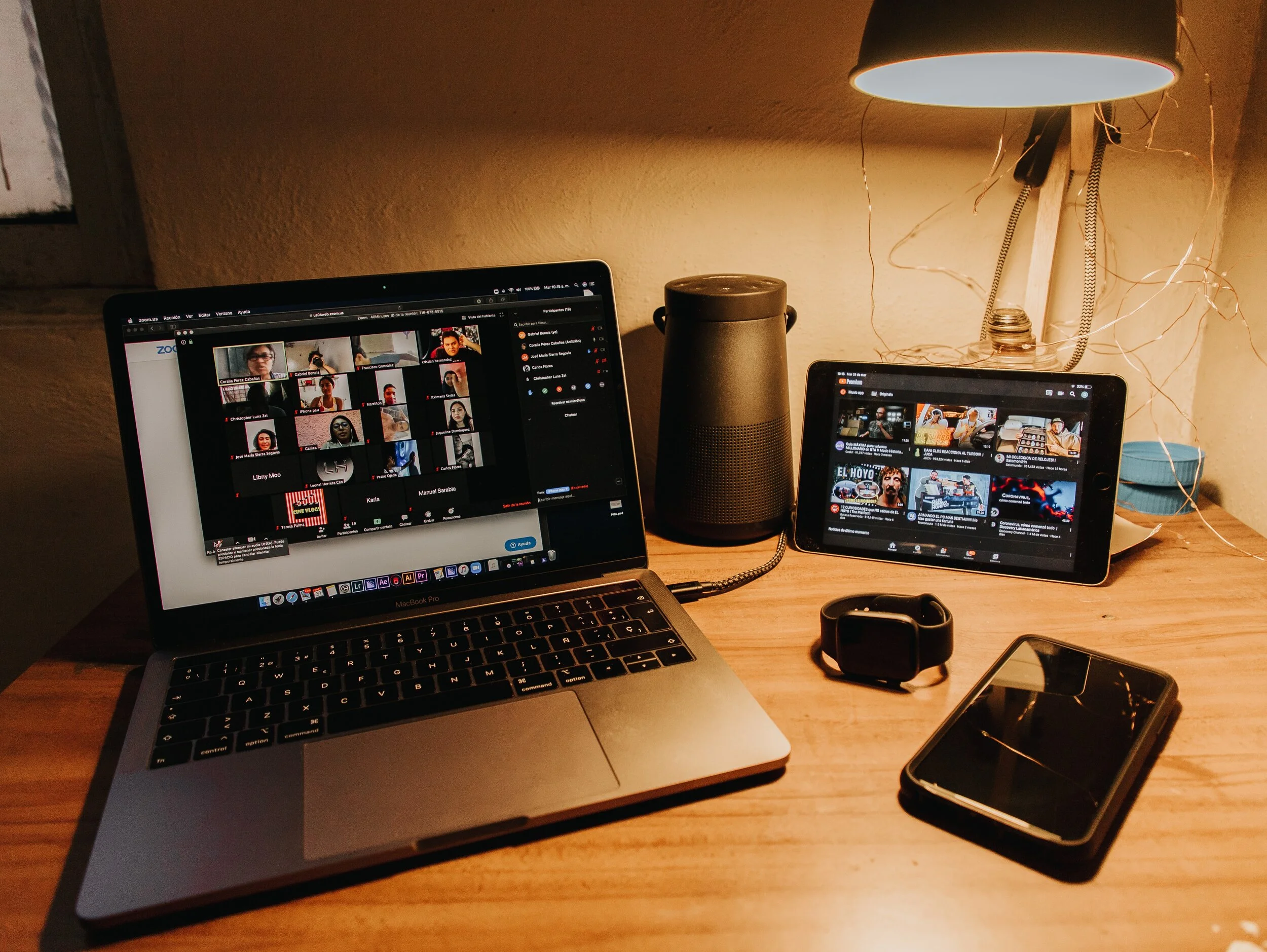On Tiring Zoom Meetings, the Lonely Brain, and Tracking Social and Mental Health During COVID-19
Photo by Gabriel Benois, Unsplash
This week’s top reads are about us in the times of COVID-19. While social distancing is at odds with our fundamental desire for social interaction, technology is helping us stay connected. But is it helpful, or harmful? To find out, we picked three articles to find out why it’s difficult to concentrate during Zoom meetings, whether it’s effective in keeping us from feeling lonely, and what our overall state of mind is in the times of social distancing.
Image: visuals, Unsplash
Image: Tayla Jeffs, Unsplash
Image by: Haley Lawrence, Unsplash
The Reason Zoom Calls Drain Your Energy
Although video chat platforms such as Zoom help us stay employed and connected, they are serious drainers of our energy. But what exactly makes the online video meetings so exhausting? This BBC article on work-life explains the effects of video meetings compared to the usual face-to-face conversations.
The Neuroscience of Loneliness and How Technology Is Helping Us
Although online platforms can be exhausting, we feel it’s a necessity from keeping us feel lonely. Social distancing is starving us of social interactions. Read more about our “lonely brain” here and how technology acts as our coping mechanism.
We’re Measuring Online Conversation to Track the Social and Mental Health Issues Surfacing During the Coronavirus Pandemic
So do online conferences and social distancing affect our emotions, making us feel sadder or happier? What can our social posts and interactions say about our mental health? Here’s a look at the correlation between our online interactions during COVID-19 and our state of mind.














Dive into the fascinating intersection of psychology and marketing and how to use psychological biases in marketing strategy.